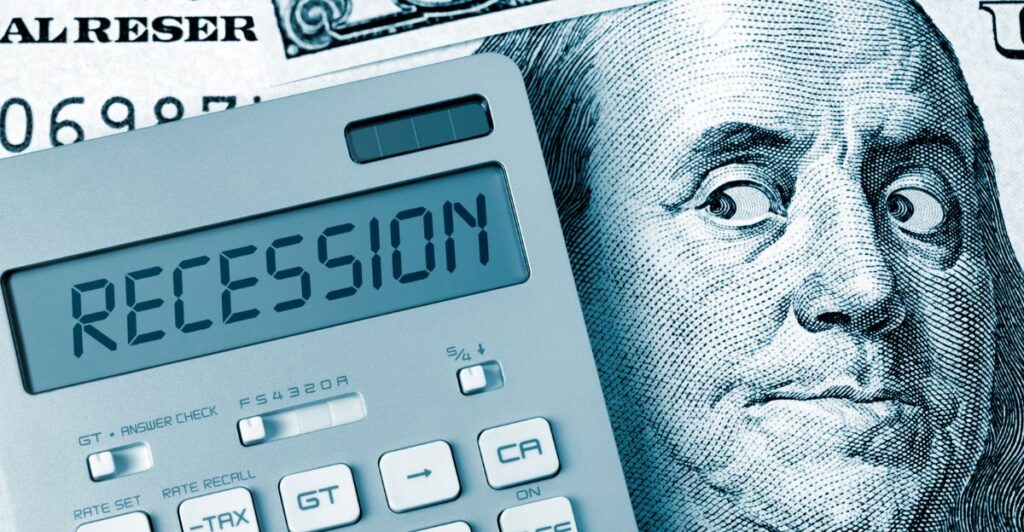
As we move through the year 2025, concerns about a potential U.S. recession are gaining traction among economists and financial experts. While the economy phas shown resilience in recent years, factors like rising interest rates and trade tariffs, as well as declining consumer confidence, have once again reignited fears of an economic recession. Whether arecession materializes or not, Americans are advised to prepare their finances for potential turbulence. Here are some key insights and tips to protect your financial well-being.
A Long-Expected Recession
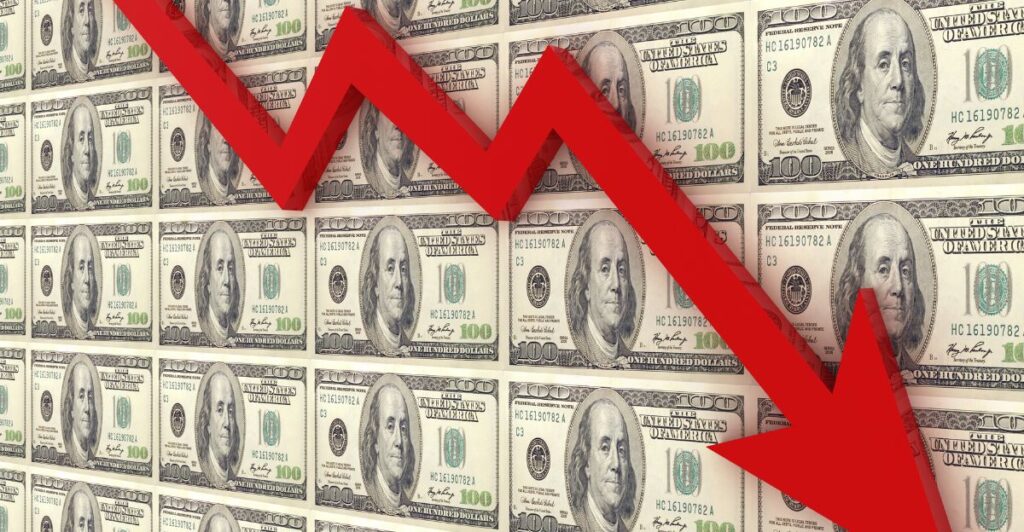
The possibility of a U.S. recession has been debated since the economy bounced back from the COVID-19 downturn three years ago. Inflation spiked, interest rates climbed and geopolitical tensions like Russia’s invasion of Ukraine added more economic uncertainty. Despite these challenges, the feared recession has not yet materialized and some experts are suggesting that it may be delayed due to stronger-than-expected manufacturing and labor market data.
Current Recession Risks
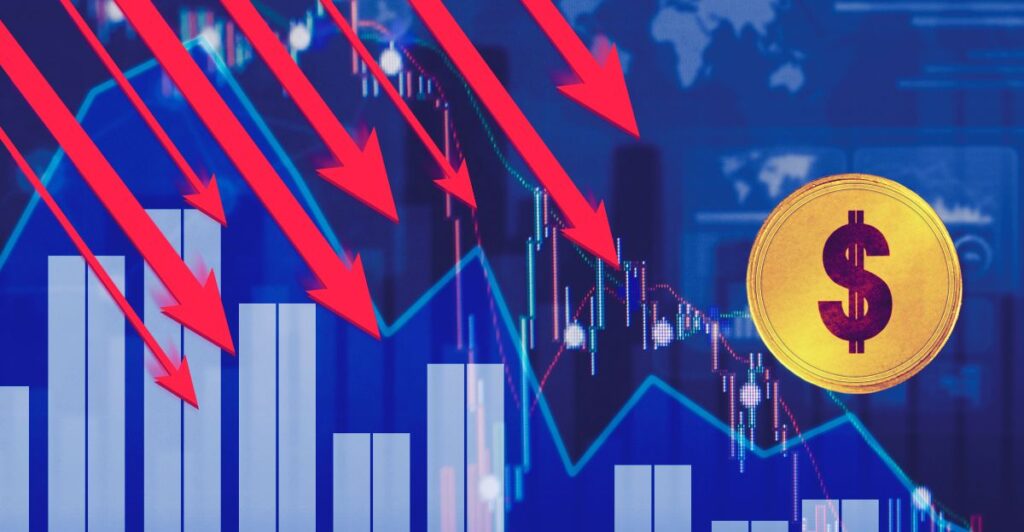
Many in the financial markets are concerned that an economic recession is just around the corner. President Donald Trump’s trade tariffs have disrupted markets and consumer confidence has waned. A March CNBC Fed Survey also put the probability of one at 36%, up from 23% in January. Similarly, J.P. Morgan estimates the chances at 40%. While economic indicators remain mixed, the U.S. economy has entered what some analysts descibe as a “slow patch.”
Tackling High-Interest Debt
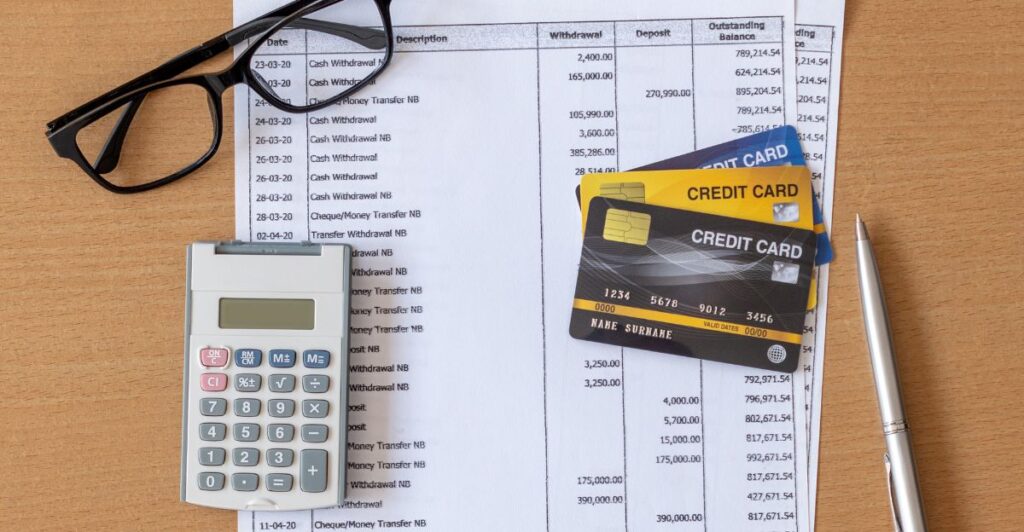
One of the most critical financial strategies during uncertain times is addressing high-interest debt, especially credit card balances with average rates exceeding 24%. Financial planners advise that prioritizing debt repayment over other goals such as savings. Options include paying more than the minimum or trasnferring the balance to a loan with a lower interest rate or a zero-APR credit card.
Building Emergency Savings
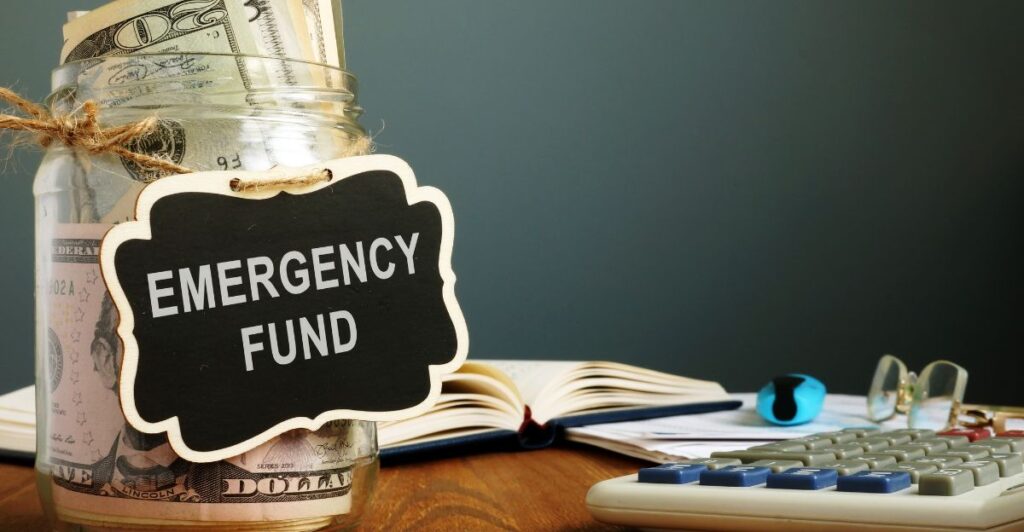
For individuals free from high-interest debt, this is an ideal time to add to emergency savings. Experts recommend putting away enough money to cover three to six months of living expenses — roughly $33,000 for the typical household. If that goal seems overwhelming, start small steps by contributing a fixed portion of your income each month into a high-yield savings account.
Planning for Major Expenses

While it is important to have some level of enjoyment in life, such as vacations, planning ahead for significant expenses is equally important. Whether it’s a new car or repairs to the home, setting the money aside now can avoid financial strain later. A proactive approach means you won’t need to deplete your savings when these costs arise.
Navigating Stock Market Volatility

Market declines create both obstacles and opportunities for investors. If retirement is years away, you may want to hang on to stocks, as they will likely recover over time. For retirees or those nearing retirement, reducing exposure to volatile assets and focusing on low-risk investments may provide a safeguard for portfolios amid uncertain times.
Diversifying Investments

Diversification continues to be a cornerstone of financial planning amid economic instability. Balancing riskier stocks with more stable bonds and fixed-income investments can help mitigate losses during market flucuations. While it may be too late to completely shift allocations during a downturn, investors can still look for opportunities to rebalance portfolios when markets temporarily rise.
The Importance of Patience
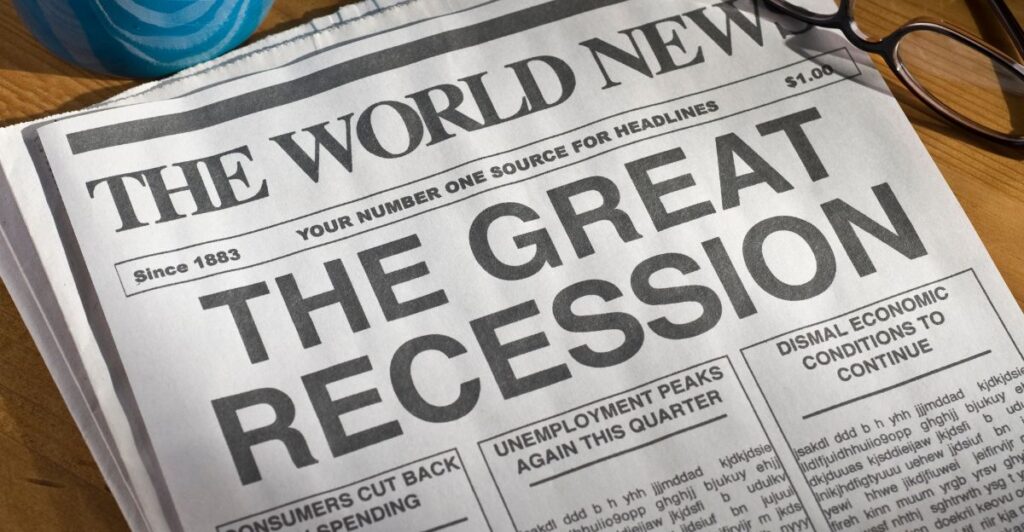
Economic recessions are inherently temporary. Regardless of whether the U.S. enters a recession in 2025, history tells us that markets and economies eventually recover. Maintaining a long-term perspective and avoiding panic-driven decisions are essential for weathering financial storms.
A Mixed Outlook
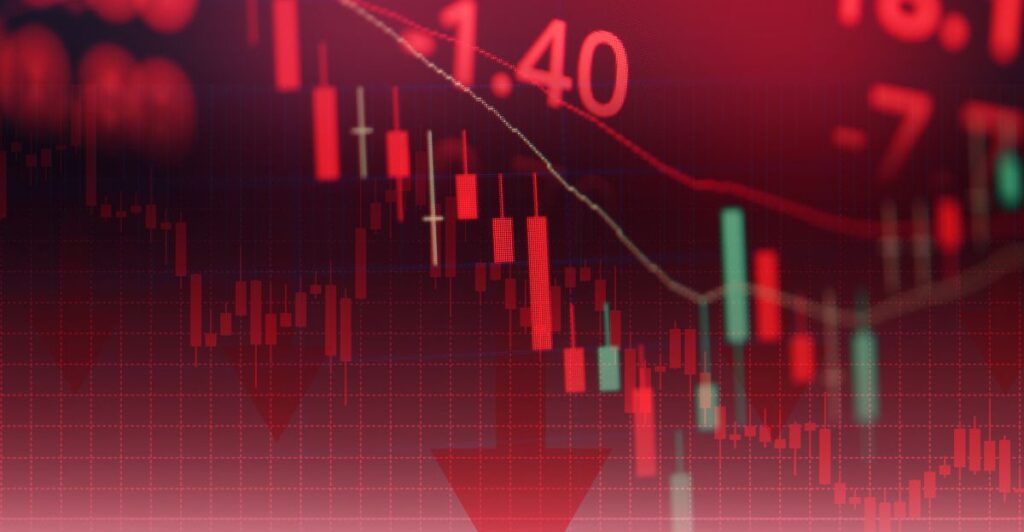
While some economists predict a recession in 2025 due to rising interest rates and trade disruptions — others point to strong manufacturing data and low unemployment as signs of resilience. Goldman Sachs recently lowered its recession probability for the next year to just 15%, citing strong labor market conditions.